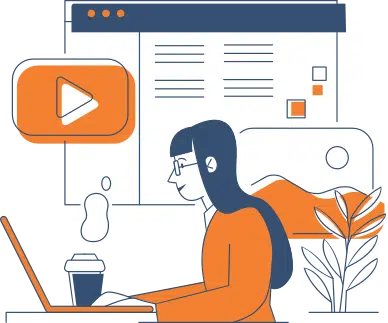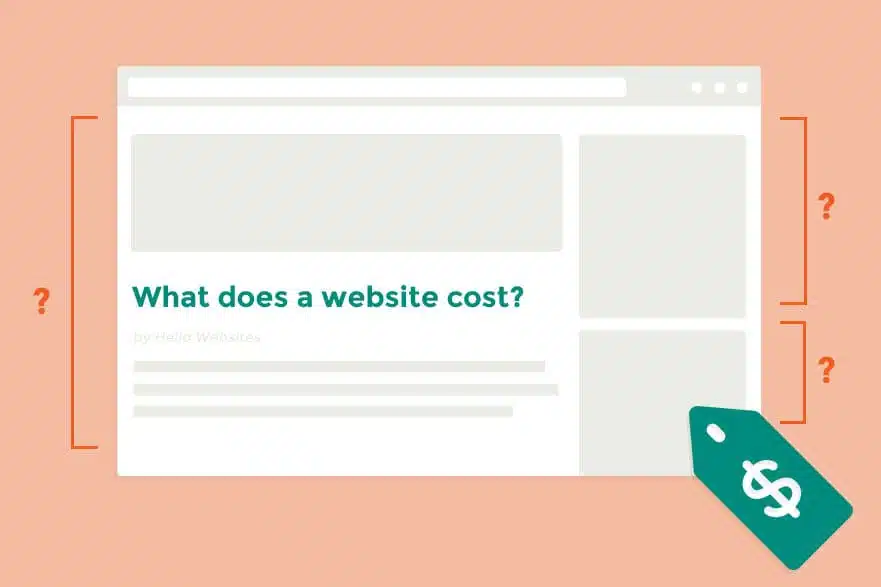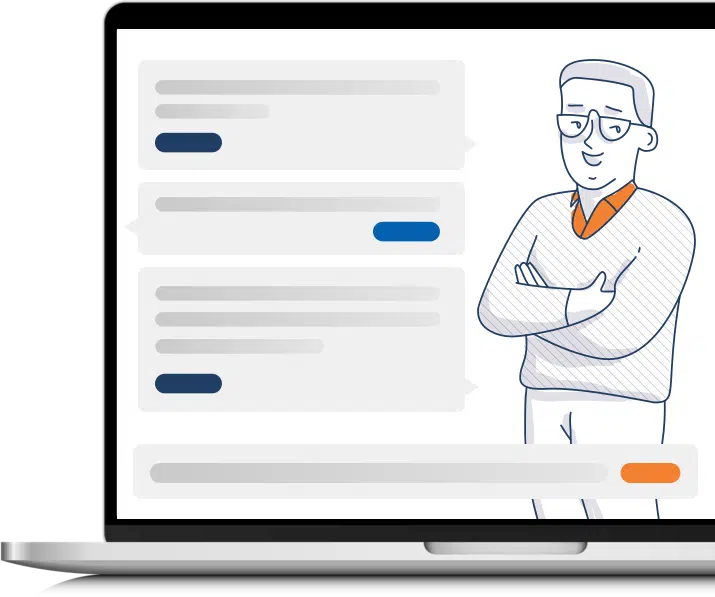


How much does a car cost?
It’s a silly question – not because it’s not important, but because there’s no clear universal answer. Figuring out what your costs will be – whether you’re looking at a new website for a new business, or replacing an outdated website with an updated online marketing platform – can be time consuming and confusing.
One of the first things we do when helping businesses determine their website design and development plans is ask a set of questions centered around defining the costs associated with getting from where they are to where they want to be. Since most of these questions are targeted at the business, and get asked in nearly every initial meeting we have, we thought it would be useful to put some details out there – to help you get a sense of what you can expect when considering an online marketing or website design solution.
Keep in mind, we’re not talking about dollars directly here. We’re talking about what kinds of information you can expect to need before beginning a conversation about website design
Different Costs for Different Websites
The costs of creating and managing a website can be broken out into some easier to understand groups;
- Initial and ongoing costs to get the site online
- Website design costs
- eCommerce website design costs
- Custom development expenses
What kinds of basic, universal costs are involved in getting a website online?
Every website is unique – but most websites have elements that are universal – especially when it comes to costs.
- The website must be hosted somewhere, service prices differ widely.
- A domain must be registered, prices may change depending on the TLD you choose.
Really, that’s about it. There may be costs associated with any proprietary software used for the site, but at its most basic, an entry-level presence online will require only hosting and domain upkeep costs.
How much does the actual website design cost?
There are lots of ways to create the visual elements of a website. Some designers prefer to use templates, frameworks, or other tools. Some designers revel in working free from those kinds of constraints, and building totally unique designs for every project.
Depending on the nature of your website, one approach or the other may be more appropriate – however, in our experience, building from scratch will always cost more. The amount of labour, creative time, and construction time required is higher – and that means a larger bill for the client.
Depending on how the website design is created, there can also be fees for things such as toolkits, stock photography, and more.
What costs are involved with getting an eCommerce website online?
eCommerce has come a long way in the past few years. We’ve spoken about this before, when comparing solutions such as Shopify against WooCommerce from a user’s point of view – the costs are no less diverse than the solutions.
- Shopify acts both as your eCommerce platform and your website host – so one subscription cancels out the cost of hosting a separate website – which can be useful.
- WooCommerce and similar systems are stand-alone platforms, which offer some different utilities, and can involve an upfront cost or yearly license rather than a subscription.
There are a lot of other costs and requirements associated with eCommerce websites – so we’ll get into those in another post in the coming weeks.
How much does custom development cost?
Custom web development is often the most challenging portion of a big project to create a cost for. In some circumstances, custom features can be very easy to implement – such as contact forms or maps. In others, such as single-product purchase systems or even charitable donation forms, the details become very tricky.
It’s important to know before you begin a project precisely what steps are needed for your functions to work. What fields will users be required to fill out for certain forms, what kinds of actions or interactivity will the website include?
The better a developer understands the scope of work involved, the less likely it is that unforeseen issues may cause cost inflation – which is in everyone’s interest.
In many cases, common features (those contact forms, for example) may not need custom programming. If you’re using a platform such as WordPress, there are many plugins that accomplish common programming tasks, either for free or at a minimal licensing cost, which will be much more economical than paying a developer to reinvent the wheel for each page you need.
We know these aren’t definitive answers.
And that’s a big part of the point. You want your business to have a unique website – which is good, it’s part of differentiating yourself from your competitors.
When it comes to the costs associated with creating that website, it’s the very uniqueness you want and need that determines the final price.
The best way to make sure you understand what your website will cost is to have clear, open discussions with those who will be building your property before you begin. Ask questions about licensing, get details about how certain functions will be addressed.
Detailed, clear plans help your website designers as much as they help you.
Source: Hello BLOG
Recent Articles
Write For Us
Think you’ve got a fresh perspective that will challenge our readers to become better marketers? We’re always looking for authors who can deliver quality articles and blog posts. Hundreds of your peers will read your work, and you will level up in the process.Ready to grow? Say Hello







